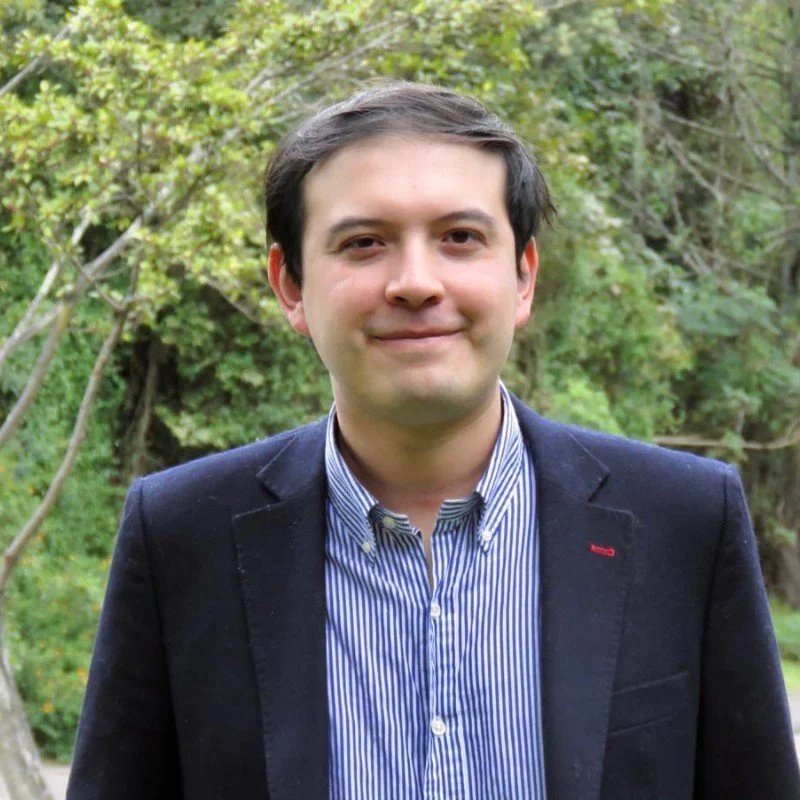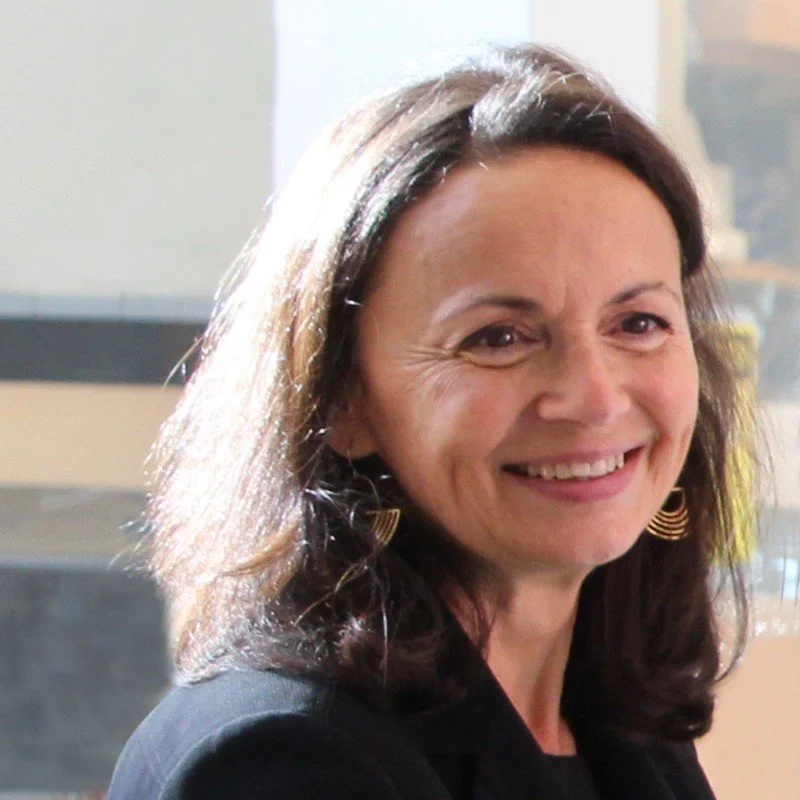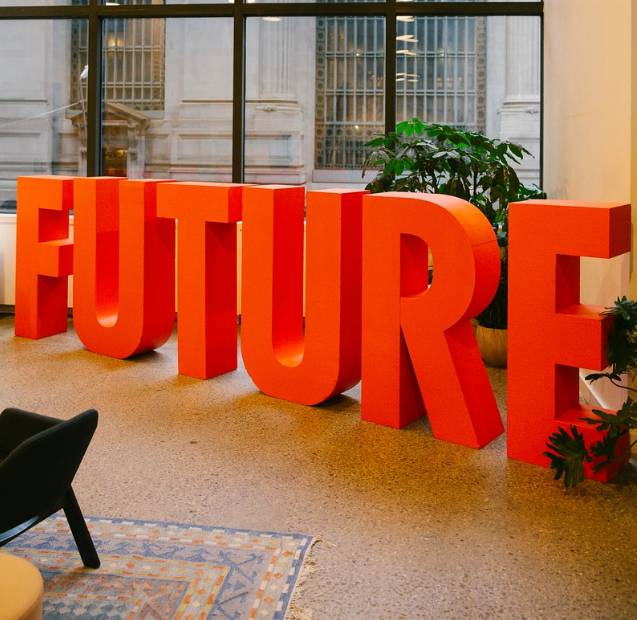Experts 2024
-
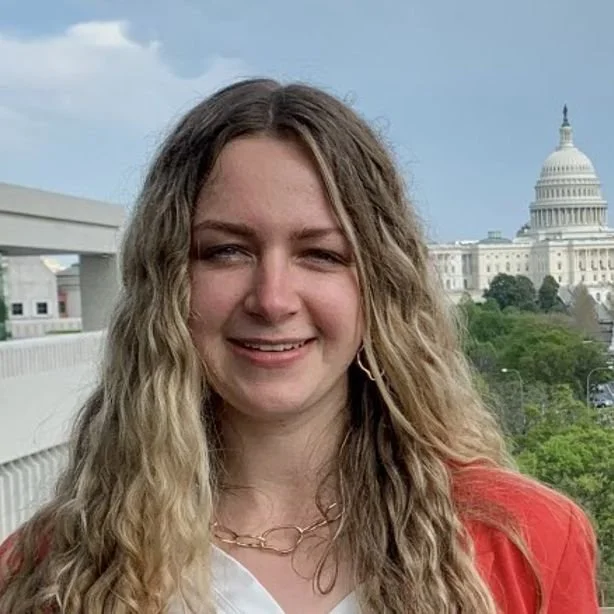
Ona Ambrozaite
Johns Hopkins Science Diplomacy Hub Co-Director, Johns Hopkins University
Ona Ambrozaite is the inaugural Johns Hopkins Science Diplomacy Hub Co-Director and Ph.D. Candidate in the Department of Chemistry at the Krieger School of Arts & Sciences of Johns Hopkins University. Ambrozaite is the National Science Foundation (NSF) Graduate Research Fellow with a focus on developing novel semiconducting materials with unique optoelectronic properties for quantum information science and technology applications. Ambrozaite is looking forward to promoting the role of science diplomacy as a tool for cooperation, monitoring and expertise at the service of development, innovation, and global issues.
-

Finja Isabel Augsburg
Doctoral Research Associate, Institute for Planetary Health Behaviour, University of Erfurt
Finja Isabel Augsburg is a PhD candidate at the University of Erfurt's Institute for Planetary Health Behaviour. She holds a bachelor's degree in Communication Science and Psychology along with a master's degree in Global Communication in Politics and Society from the University of Erfurt. Previously, she held a visiting scholar position with the Center for Media Engagement at the University of Texas at Austin, working with the Media Ethics Initiative. Her research focuses on science communication in times of multiple crises, particularly climate change, with a specific interest in its intersection with transatlantic dynamics.
-
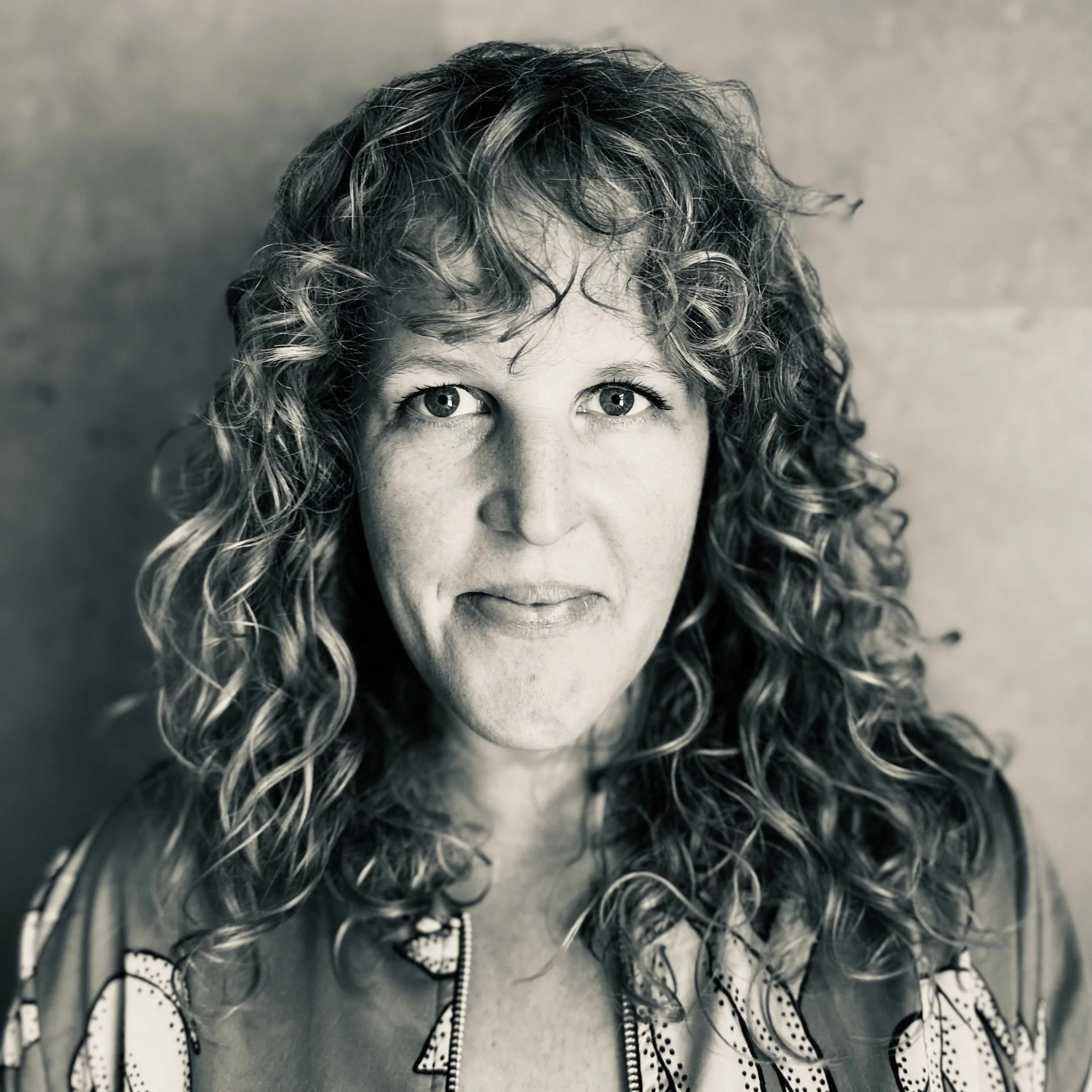
Hilke Marit Berger
Scientific Lead of the City Science Lab, Hamburg's HafenCity University
Hilke Marit Berger is Scientific Lead of the City Science Lab at Hamburg's HafenCity University, a cooperation with MIT Media Lab in Cambridge/USA. For the collaboration project UNITAC (United Nations Innovation Technology Accelerator for Cities), she heads the Urban Academy in collaboration with the African Center for Cities in Cape Town. As an urban researcher, her work at the intersection of cultural studies and urban planning includes practices of participation, issues of collective urban design, co-creation in mixed realities and digital art. She leads the CityClimate meets CreativeCoding project and has a keen interest in artistic research, diversity of methods, and experimental forms of collaboration. She is active as a juror, developed, coordinated and worked for several artistic and scientific projects, for festivals, theaters, universities and authorities. She lectures and publishes internationally.
-

Eva Bosbach
Executive Director, University of Cologne New York Office
Eva Bosbach is the Executive Director of the University of Cologne New York Office. Born in Prague, she received both her master’s and Ph.D. degree from the University of Cologne. Prior to coming to New York, she was Program Manager at the German Rectors’ Conference in Bonn, Germany, and is author of several comparative studies about doctoral education and the humanities in Germany and the U.S. Bosbach was awarded NYC Council and NY State Assembly Honorary Citations in 2017 and currently serves on the Boards of the German Centers for Research and Innovation (DWIH) New York and San Francisco.
-

Derya Büyüktanir Karacan
Visiting Scholar, Institute for International Science and Technology Policy (IISTP)
Derya Büyüktanir Karacan is a visiting scholar at the Institute for International Science and Technology Policy (IISTP) under the Elliott School of International Affairs of George Washington University, focusing on science diplomacy in emerging economies. She is also the Regional Represenative at EURAXESS North America, the European Commission’s initiative covering the U.S and Canada. Büyüktanir Karacan served as the guest editor of the peer-reviewed journal Science and Public Policy (Science Diplomacy in the Global South) and Frontiers (Engaging Scientific Diasporas for Development: Policy and Practices).
-

René Carraz
Associate Professor, Toyo University, Japan
René Carraz is an Associate Professor at Toyo University, Japan, and conducts research for Urban Gorillas. He holds a PhD in Economics and teaches and researches on science, technology and innovation, creative cities and urban studies using an economic perspective. His recent work includes studies on urban creativity, public space, playful design, university-industry linkages in Japan and Asia, and innovation policy.
-
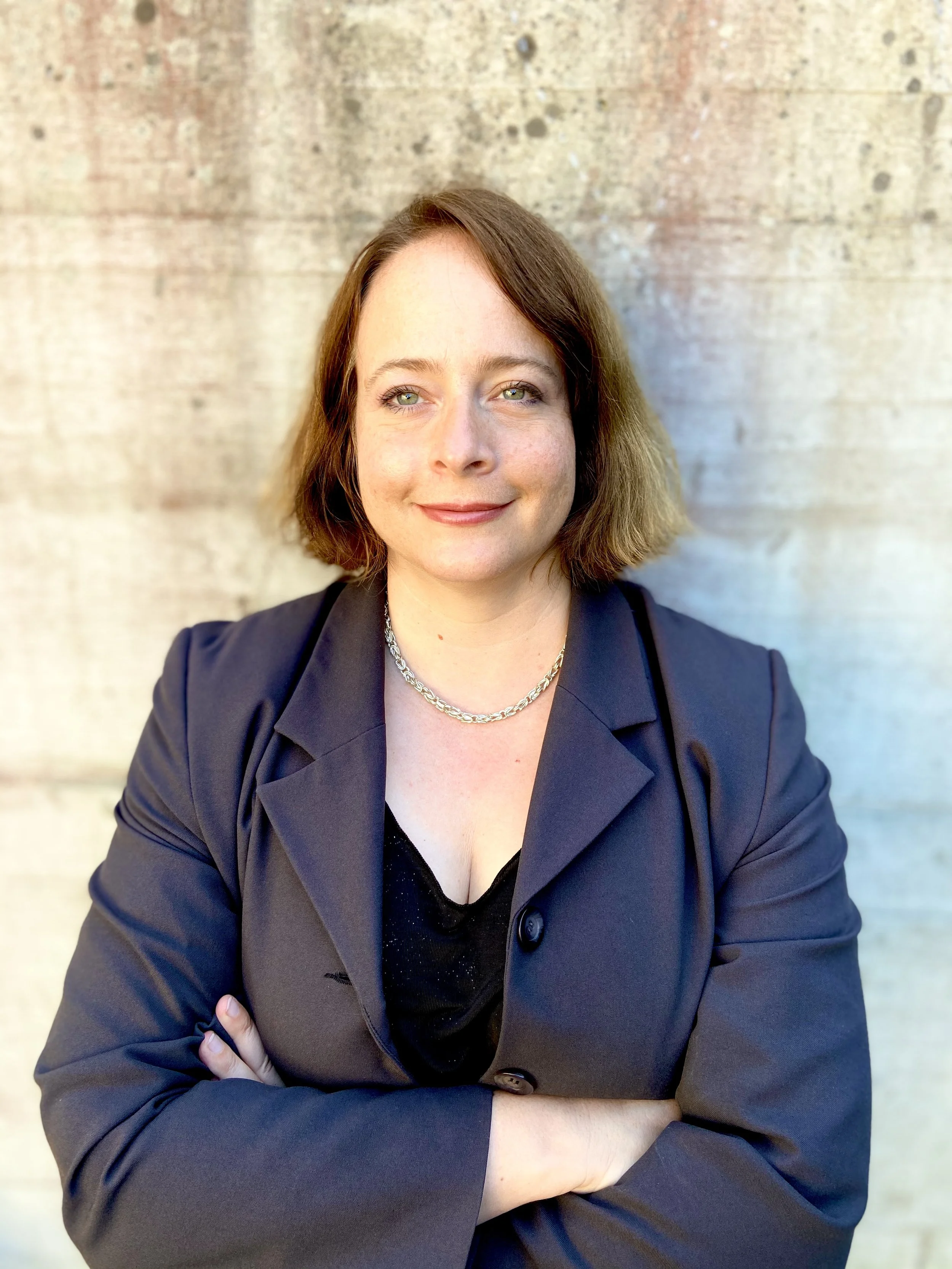
Myriam Dunn Cavelty
Senior Scientist and Deputy for Research and Teaching, Center for Security Studies (CSS), ETH Zurich
Myriam Dunn Cavelty is Senior Scientist and Deputy for Research and Teaching at CSS ETH Zurich. Her research and teaching focuses on how digital technologies influence political behavior and societal values and on how and why specific arrangements to govern the use of digital technologies emerge.
-

Elmer William Colglazier
Senior Scholar at Center for Science Diplomacy, American Association for the Advancement of Science (AAAS)
Elmer William Colglazier is Editor-in-Chief of Science & Diplomacy and Senior Scholar in the Center for Science Diplomacy at the AAAS. He served as Science and Technology Adviser to the Secretary of State and as Executive Officer of the National Academy of Sciences that advises the U.S. government and public. For two years he co-chaired the Ten Member Group at the U.N. to advise on science, technology, and innovation for the 17 Sustainable Development Goals. He is a member of the International Advisory Board of the Alexander von Humboldt Foundation and Board Chair of the American Friends of AvH.
-

Giusi Condorelli
Science Counselor for Health, Embassy of Italy in Washington, DC
Giusi Condorelli is currently Science Counselor for Health at the Embassy of Italy in Washington, DC, with extensive experience in public health, international cross border disease control, maritime medicine and health and science diplomacy. Before being appointed in Washington, she spent four years as the Health Attaché at the Embassy of Italy in Beijing, China. She is a medical doctor by training, with a specialization in gastroenterology and digestive endoscopy. She spent 17 years working as a Medical Officer for the Italian Ministry of Health with a focus on healthcare, public health, travel medicine and occupational medicine.
-
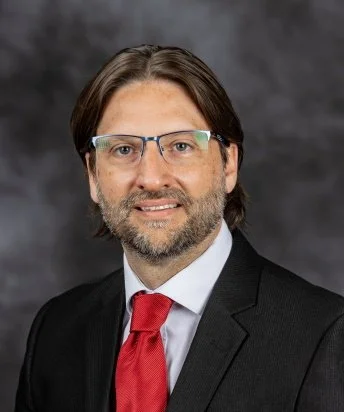
Francisco Del Canto Viterale
Assistant Professor, Department of Space Studies in the John D. Odegard School of Aerospace Sciences, University of North Dakota
Francisco Del Canto Viterlae currently serves as an Assistant Professor in the Department of Space Studies in the John D. Odegard School of Aerospace Sciences at the University of North Dakota. He is also an Associate Researcher at the Institute of Science and Technology Studies and Co-Editor of the Journal Artefactos at the University of Salamanca (Spain). His core area of knowledge is social science, and his area of specialization is the intersection between Science, Technology, and Innovation (STI) and International Relations (IR) with emphasis on International Space Relations, Space Policy, Space Geopolitics, and Space Diplomacy.
-
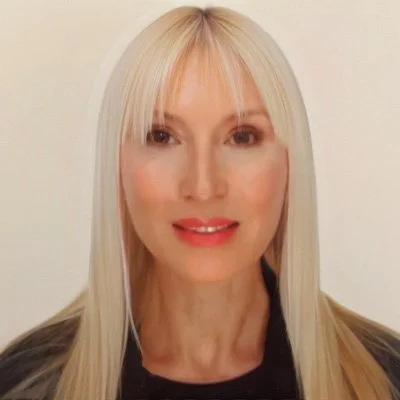
Leocadia Díaz Romero
Murcia State University, Ralph Bunche Institute (CUNY)
Leocadia Díaz Romero has specialized in International Relations, Political Communication, EU Constitutional Law, Global Governance, Comparative Politics. She has been visiting professor at prestigious universities and centers within Europe and the United States - EUI (Florence), ULB (Brussels), CRIE (Siena), MAX Planck (Heidelberg), Loyola U. (US), Berkeley U. (US), NYU, Columbia U. (US), etc. She has been accredited as a full professor and has participated in numerous conferences, workshops and seminars. Currently, she is conducting research within some competitive research projects and is devoted to the study of democracy, human rights, political humor, electoral campaigns and processes, and the environment.
-

Leo Eigner
Senior Researcher, Center for Security Studies (CSS), ETH Zurich
Leo Eigner is a Senior Researcher at CSS ETH Zurich. His areas of research include science diplomacy, knowledge security, and science and technology policy.
-
Armando Guio Español
Executive Director, Network of Centers
Armando Guio Españo is the Executive Director of the Network of Centers and has advised public and private entities around the world on data protection, AI policy and innovation. He graduated from Universidad de los Andes with an Honors Degree, a Masters of Law from Harvard Law School and a Master of Public Policy from Oxford University. Armando has been actively involved in the design and implementation of AI Strategies of several countries in Latin-America. As a consultant for CAF Development Bank of Latin-America, he has led the design of the first AI Governmental Council of Latin-America and the Caribbean.
-

Gabriela Ferreira
Postdoctoral Researcher, Department of Political Science, University of São Paulo
Gabriela Ferreira is a post-doctoral researcher at the Department of Political Science-USP. She holds a PhD in International Relations from the Institute of International Relations at the University of São Paulo and King’s College London (Joint Degree). Currently, she is a post-doc researcher at the Political Science Department at the University of São Paulo and a researcher at the Center for the Study of International Negotiations (NAP—CAENI/USP). She has experience in International Relations with an emphasis on Internationalization of Culture, Education and Science, working mainly with the following themes: foreign policy, cultural and education diplomacy, and science and innovation diplomacy.
-
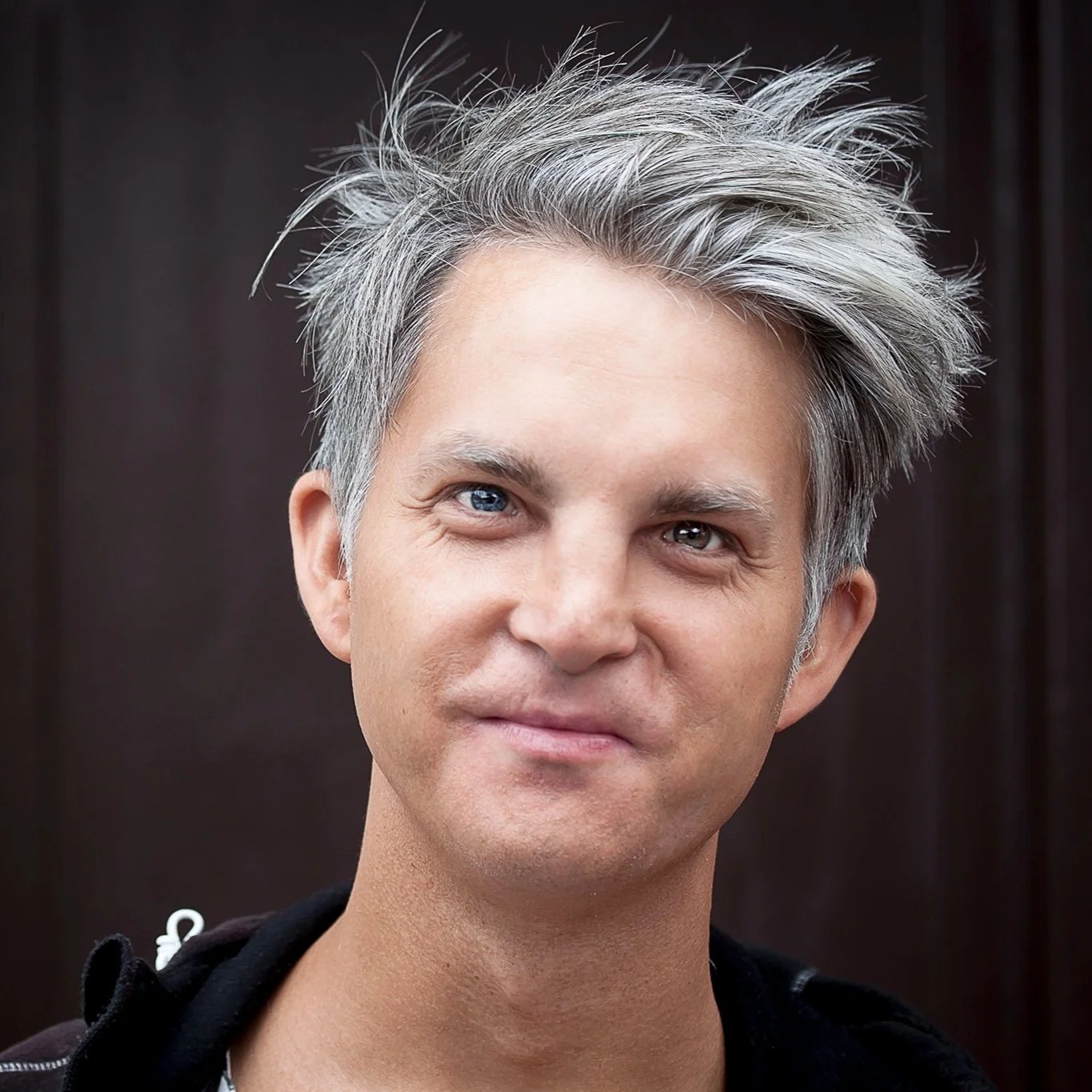
Tim Flink
Scientific Advisor, Federal Parliament of Germany
Tim Flink works as scientific advisor in the Federal Parliament of Germany. As a postdoctoral researcher and senior lecturer in the fields of Research Policy and Sociology of Science, he conducted the first ever comparative study on science diplomacy in 2008 and co-led the S4D4C project 'Using Science For/In Diplomacy For Addressing Global Challenges.
-
Mireille Guyader
Counselor for Science and Technology, Embassy of France in the United States
Mireille Guyader serves as the Counselor for Science and Technology for the Embassy of France in the United States since September 2021. She oversees the French Office for Science and Technology in the US, promoting bilateral partnerships in science and technology, and fostering exchanges of students, researchers, and entrepreneurs. She held positions at the French National Institute for Sustainable Development (IRD) and the French National Institute for Health and Medical Research (Inserm).
-
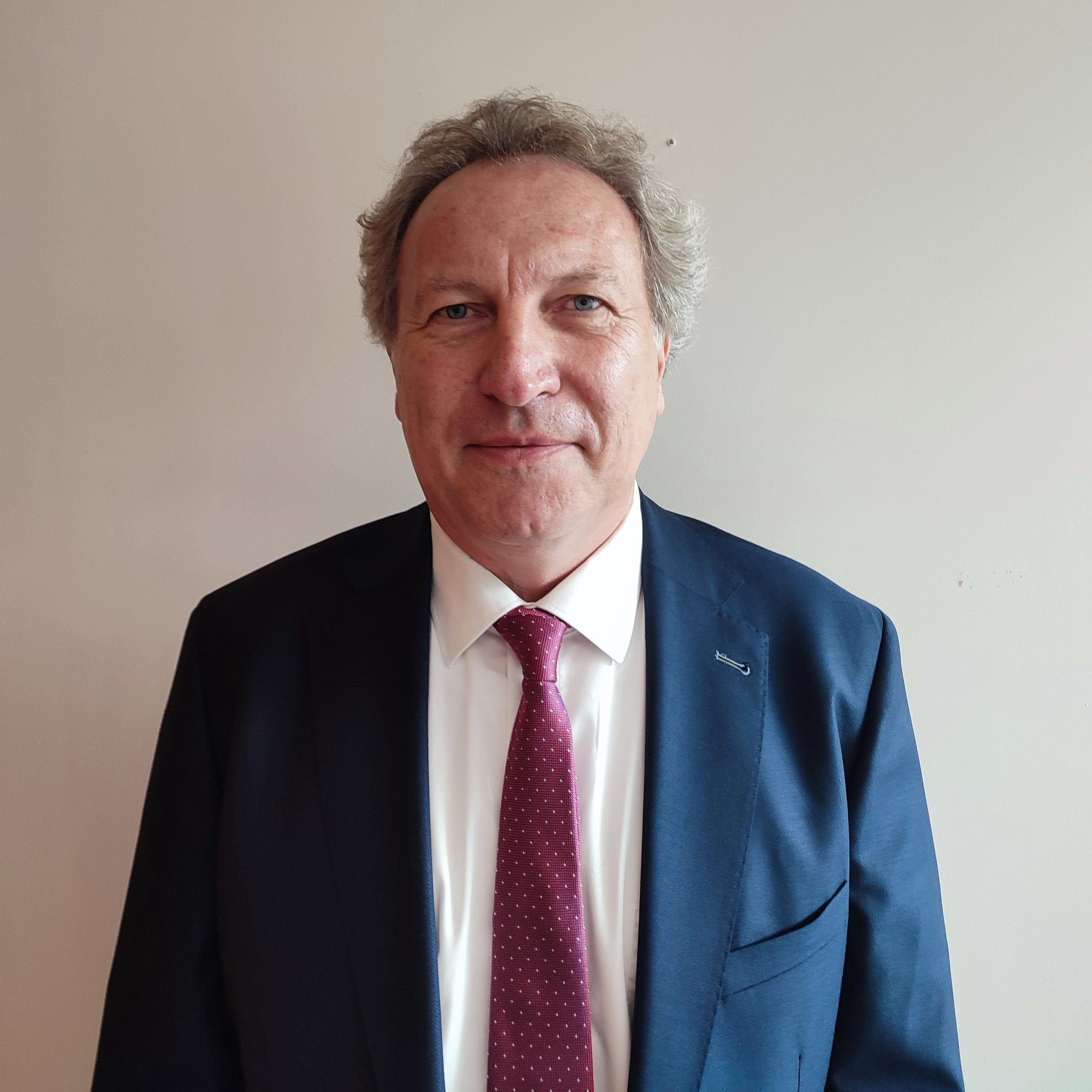
René Haak
Minister-Counselor, German Embassy
Since April 2021 René Haak is Head of Science and Technology Section at the German Embassy in Washington DC (USA). Prior to this, he served as Head of the Unit Climate Research and Global Change at the Federal Ministry of Education and Research (BMBF). From 2011 to 2024, Haak was Head of Science and Technology Section at the German Embassy in Beijing (CHN).
-
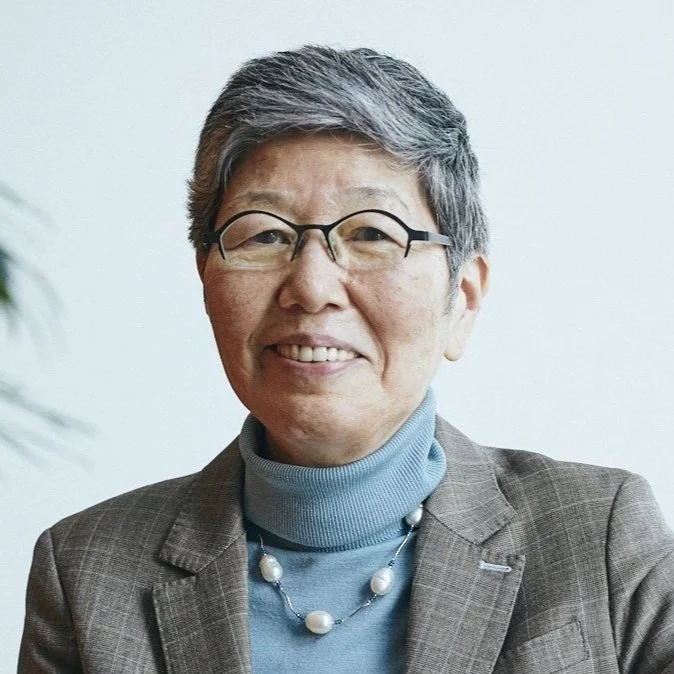
Yuko Harayama
Professor Emeritus, Tohoku University, Japan
Yuko Harayama is Professor Emeritus at Tohoku University, Japan, and an expert member of the Global Partnership on AI (GPAI) Future of Work Working Group. She holds a Ph.D. in Education Sciences and a Ph.D. in Economics both from the University of Geneva.
-

S. Ayse Kadayifci-Orellana
Adjunct Professor, Georgetown University
S. Ayse Kadayifci-Orellana previously served as Associate Director and Assistant Professor of the Practice at Georgetown University’s MA Program in Conflict Resolution. Before coming to Georgetown University she served as a consultant for the Religion and Peacebuilding Program at the United States Institute of Peace, and as an Assistant Professor in the field of Peace and Conflict Resolution at the School of International Service at American University, Washington D.C. Her research focuses on Muslim women’s peacebuilding initiatives, mediation and peace building, religion and conflict resolution, interfaith dialogue, Islamic approaches to war and peace, and Islam and nonviolence.
-
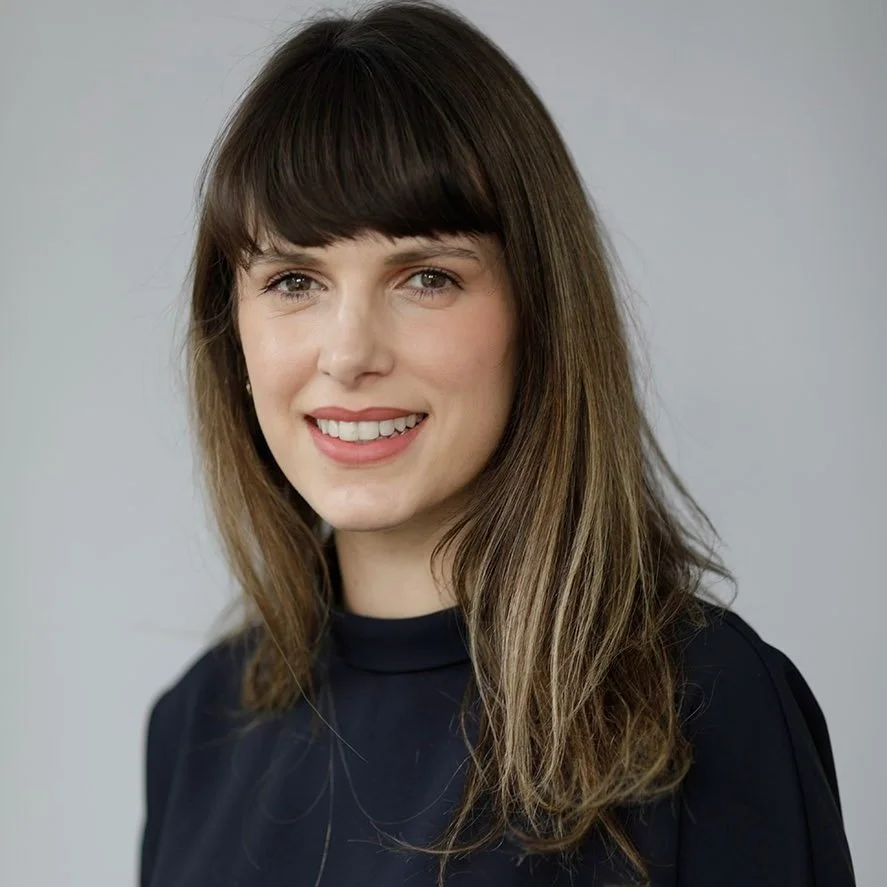
Alexandra Klein
PhD candidate in the Department of Science, Technology, Engineering and Public Policy, University College London
Alexandra Klein is a PhD candidate in the Department of Science, Technology, Engineering and Public Policy at University College London. She is also a Research Affiliate at the Centre for the Study of Existential Risk, University of Cambridge. Her research focuses on policymaking for emerging biological threats, such as the risks from advancing biotechnology. Prior to this, Alexandra worked in academic publishing at the Royal Society of Chemistry.
-
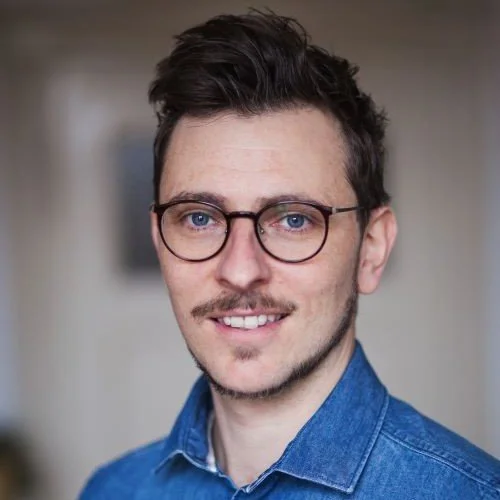
Nils Köbis
Professor for Human Understanding of Algorithms and Machines, University of Duisburg-Essen
Nils Köbis is a behavioral scientist working on corruption, (un-)ethical behavior, social norms and artificial intelligence. He is co-founder of ICRNetwork.org and co-host of KickBack - The Global AntiCorruption Podcast.
-
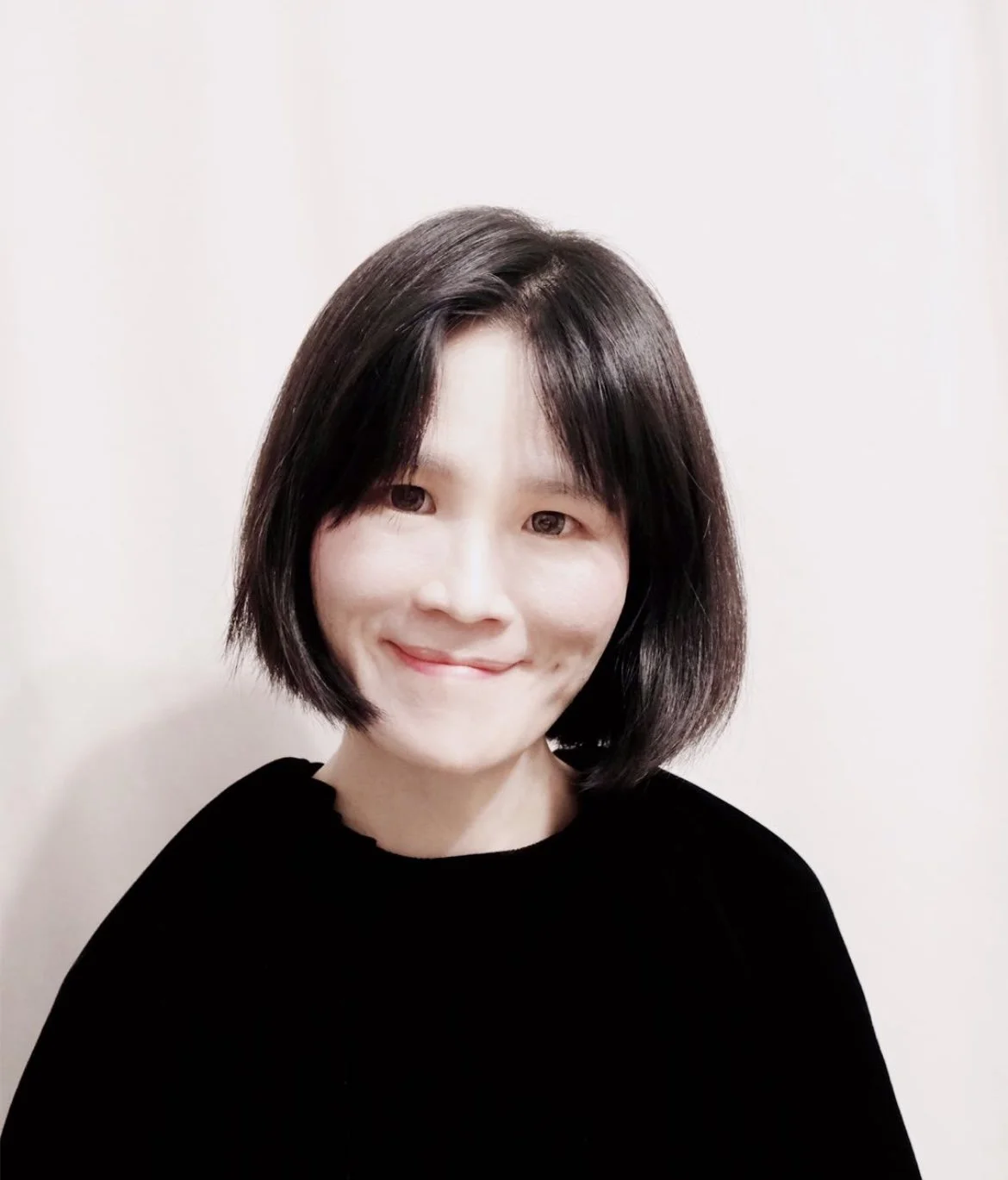
Nikita Lin
PhD candidate, Institute for Technology Assessment and Systems Analysis, Karlsruhe Institute of Technology
Nikita Lin is currently a PhD candidate at the Institute for Technology Assessment and Systems Analysis, Karlsruhe Institute of Technology. She is a fellow at the Alexander von Humboldt Foundation.
-

Jan Lüdert
Head of Programs, DWIH New York
Jan Lüdert is Head of Programs at the German Center for Research and Innovation (DWIH) New York. He has a proven track record of driving innovation and excellence in higher education. He is passionate about international affairs, knowledge management, and building transatlantic partnerships. Lüdert earned a Ph.D. in Political Science from the University of British Columbia (UBC). He holds Harvard Kennedy’s School Public Leadership Credential; a First-Class Honors MA in International Relations from the Australian National University; and a BA in Public Policy from Hamburg University for Economics and Politics.
-

Jean-Christophe Mauduit
Associate Professor of Science Diplomacy, University College London
Jean-Christophe Mauduit is a professional astronomer by training (PhD, 2007) with extensive experience in space sciences research, education and outreach, as well as project management expertise in international scientific development and cross-country collaboration. Maduit transitioned to research in science diplomacy/policy after obtaining a degree in International Relations (MA, 2017) and currently serves as Associate Professor in Science Diplomacy at University College London in the Science, Technology, Engineering and Public Policy department.
-
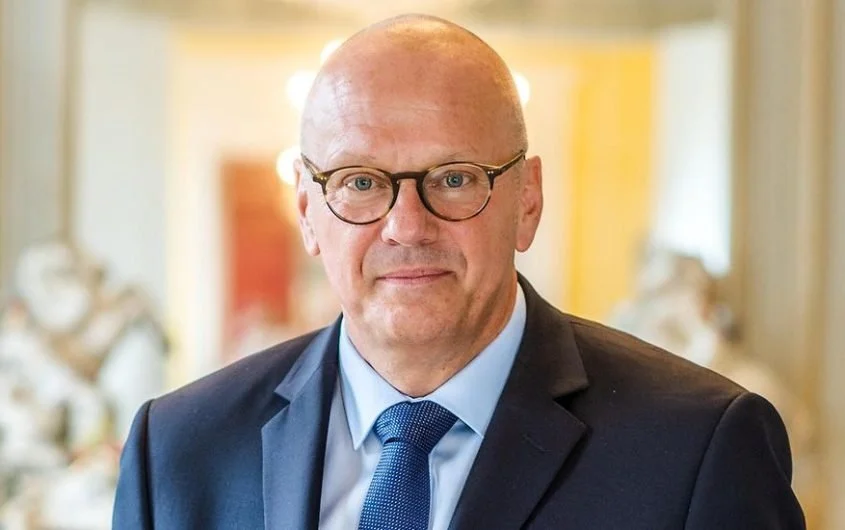
Andreas Michaelis
German Ambassador to the United States
Andreas Michaelis has been German Ambassador to the United States since August 2023. Previously, he served as State Secretary of the Federal Foreign Office in Berlin. He served as Private Secretary to the Minister of State at the Foreign Office, at the Embassy in Tel Aviv, and subsequently held several positions in Bonn and Berlin including Spokesman of the Federal Foreign Office. Michaelis then served as Ambassador to the Republic of Singapore, as Director for Asian and Pacific Affairs and as Director for Near and Middle Eastern Affairs and North Africa at the Foreign Office, before being appointed Ambassador to the State of Israel and then Political Director of the Federal Foreign Office. From 2018 to 2020, Michaelis served as State Secretary for the first time; from 2020 to 2022, he was Germany’s Ambassador to the United Kingdom; from 2022 to 2023 he again served as State Secretary. Michaelis studied Political Sciences and Philosophy at the Universities of Hanover and Oxford.
-

Sumie Nakaya
Political Affairs Officer, Department of Peacekeeping Operations, United Nations
Sumie Nakaya has been teaching international peace and security issues at Hitotsubashi University since 2022. She is on special leave from the United Nations Department of Peace Operations, where she has since overseen peacekeeping efforts in Sudan and South Sudan, among others. Previously, she worked with the Conflict Prevention and Peace Forum of the Social Science Research Council, and the UN Development Fund for Women. She has published on post-war state building and gendered dimensions of peace negotiations in edited volumes and academic journals. She has a Ph.D. in Political Science at the City University of New York.
-
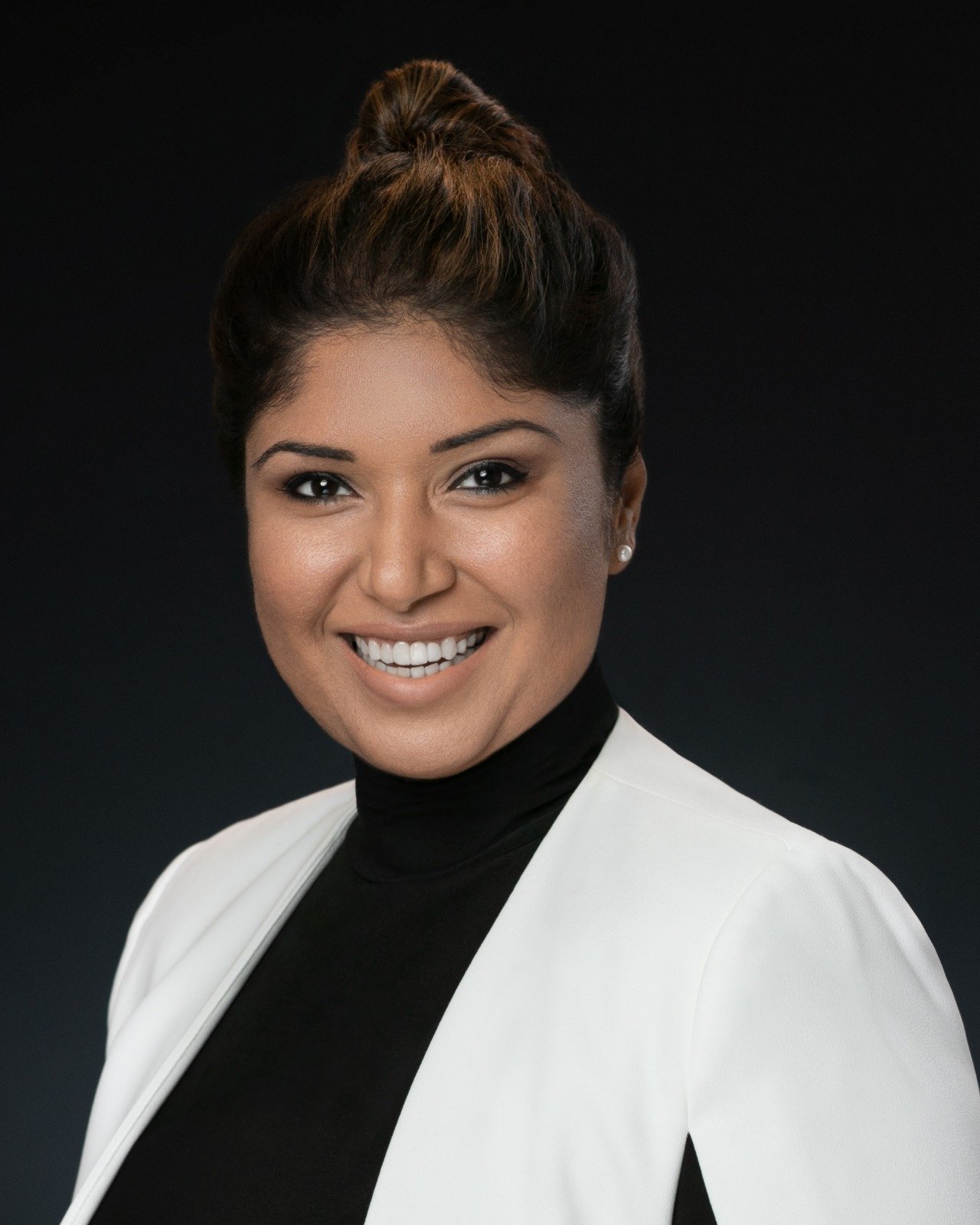
Priya S. Nayar
Executive Director, University Alliance Ruhr
Priya S. Nayar serves as the Executive Director of University Alliance Ruhr in North America—a consortium comprising TU Dortmund University, Ruhr University Bochum, and the University of Duisburg-Essen. In her role leading the New York office since 2021, Nayar is dedicated to advancing academic collaborations among these institutions and a growing network of partners in the United States and Canada.
-

Christian Neubacher
Policy Engagement Planning Coordinator, Centre for Science and Policy, University of Cambridge
Christian Neubacher currently works at the Centre for Science and Policy at the University of Cambridge, where he supports the Centre’s efforts to translate academic research into public policy projects. Additionally, he serves as the Vice President of Strategic Partnerships for Young European Leadership, where he supports the organization’s high-level external partnerships. Neubacher holds a Master of Public Policy from the University of Michigan and a Master in European Politics from Columbia University, along with prior internship experience with the International Organization for Migration and the Executive Office of the Secretary-General of the United Nations.
-
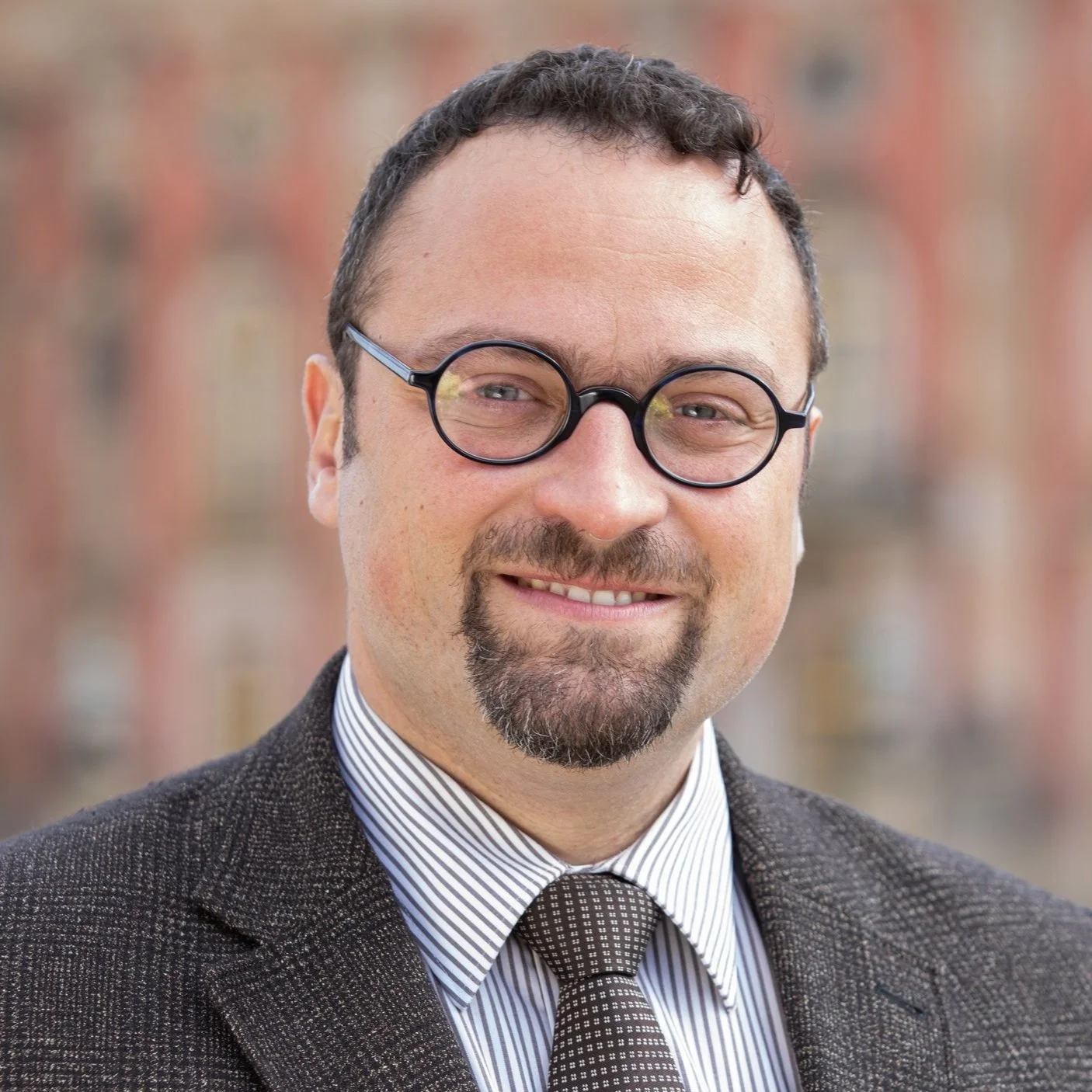
Christian E. Rieck
Associate Professor at the Chair of War Studies, University of Potsdam
Christian E. Rieck holds a PhD from the University of Potsdam on the history of German science diplomacy and a postgraduate degree in Latin American Studies from the University of Oxford. Previous studies of law, political science and economics in Bayreuth, Sevilla, and at Humboldt University Berlin. After research positions at Konrad-Adenauer-Stiftung in Berlin, the Institute of Latin American Studies at GIGA in Hamburg and at CEPAL in Mexico City, he is now an Associate Professor at the Chair of War Studies at the University of Potsdam and a regular lecturer at HU Berlin and URJC Madrid.
-
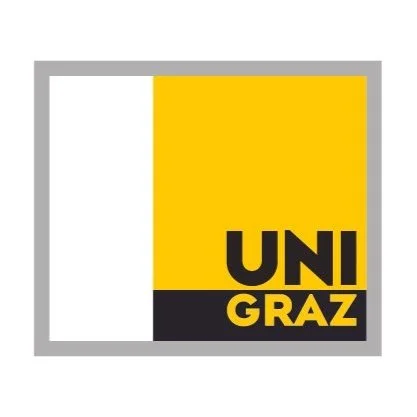
Elisa Rieger
Postdoctoral researcher, University of Graz
Elisa Rieger holds a Master’s degree in German Literary Studies and a PhD in Cultural Anthropology from Karl-Franzens-University Graz, Austria. In her postdoctoral project, she studies best practices of legal and political frameworks enhancing international cooperation within the United Nations family. Thereby, international competition/ cooperation within the high-science field of ITER seems of particular interest. As ITER-IAEA relations form one case study to the postdoctoral project, the outcome stands typical for cooperative measures within the field of science diplomacy. Additionally, the project focuses on cooperative measures in international dispute resolution before the ICJ, and finally, in human rights enforcement.
-

George Salter
PhD Researcher, University College London
George Salter is a PhD Researcher and political sociologist at University College London working at the intersection of International Relations scholarship and Science and Technology Studies. His research primarily concerns UK foreign policy, the global politics of innovation, and 'science diplomacy'. He is currently working with the Foreign, Commonwealth, and Development Office (FCDO) of the UK government to develop his project, engage in data collection, and understand more about state-sponsored science diplomacy in action.
-

Sercan Sever
Postdoctoral Researcher, University of Halle
Sercan Sever recently received his Dr.phil. for examining language phenomena in the field of technology development. He has a strong inter- and transdisciplinary interest in hermeneutical approaches to technological projects.
-

Evelina Santa-Kahle
Science Counselor, Embassy of Germany
Evelina Santa-Kahle is Science Counselor at the Embassy of Germany. Prior to that, she was Senior Policy Officer at the German Federal Ministry of Education and Research, where she has extensively worked on EU research policy and climate research policies. She held positions at the Austrian Research Promotion Agency in Vienna, the Spanish Ministry of Science and Innovation in Madrid as policy advisor and as head of liaison office of the Spanish Ministry of Science and Innovation in Brussels.
-

Marga Gual Soler
Head of Science Diplomacy Capacity Building, GESDA
Marga Gual Soler is the Head of Science Diplomacy Capacity Building at GESDA. She has been one of the pioneers in building science diplomacy as a field of research, policy and education worldwide. Prior to joining GESDA she was the Senior Project Director at the AAAS Center for Science Diplomacy and a high-level advisor to former EU Commissioner for Research and Innovaton Carlos Moedas. She is a founding member of the EU Science Diplomacy Alliance and serves in the expert groups shaping the EU Science Diplomacy Framework. She also serves as a senior science diplomacy advisor to the Inter-American Institute for Global Change Research and is a member of the Scientific and Diplomatic Taskforce of the Square Kilometre Array Organisation (SKAO).
-

Krishna Ravi Srinivas
Adjunct Professor, NALSAR University of Law
Krishna Ravi Srinivas is an Adjunct Professor at NALSAR University of Law, Hyderabad, and a consultant with Research & Information System for Developing Countries (RIS). He holds a PhD from the National Law School University of India. At RIS he coordinates Science Diplomacy & Science, Technology & Innovation Programs. He was a Fulbright fellow at the University of Pennsylvania, a visiting scholar at Indiana University, Bloomington, a postdoctoral fellow at South Center, Geneva & visiting faculty at IIM, Bangalore. He has been part of many international research projects, with extensive contribution to the literature on various themes.
-

Ekkehard Strauß
Professor for Public Law, Berlin School of Economics and Law
Since October 2020, Ekkehard Strauß is Professor for Public Law, in particular human rights and police law, at the faculty for Police and Security Management of the Berlin School of Economics and Law. He has about 25 years of professional experience in various positions in international organizations and academia, including 20 years at the UN and more than 20 years outside Germany (North, West and Central Africa, the Middle East and Eastern Europe, furthermore at UN headquarters in New York and Geneva). Strauß has extensive experience in supporting governments, international organizations and civil society in developing strategies, institutions and processes to mitigate risk factors for crises, conflict and instability. In addition, he has several years of leadership experience, building international and diverse teams.
-

Christian Strowa
Director DAAD North America, Director DWIH New York
Christian Strowa assumed the roles of Director of the DWIH New York and Director of the DAAD Regional Office New York in September 2024. He completed his studies in American Studies, Psychology, and Media Studies at the University of Bonn, and pursued Comparative Literature and Philosophy at New York University. Additionally, he holds a postgraduate degree from UCL’s Institute of Education (IoE). He has held teaching roles at Dublin City University and University College London. Before his appointment in New York, he served as Head of the Division “Knowledge and Network” at the DAAD’s headquarters in Bonn, where he was responsible for the DAAD’s network of overseas offices, the international DAAD Academy iDA, third party funding and the Centre for International Academic Cooperation KIWi. Prior to this, he led the Section “Scholarship Programmes Asia and the Pacific” and served as Deputy Director of the DAAD’s London Office.
-
Freddy Trinh
Postdoctoral Researcher, University of Padua
Freddy Trinh is a postdoc at the University of Padua (UniPD), where his research focuses on international relations and AI. At UniPD, Trinh is supervised by David Burigana, professor in the history of international relations and an expert on space diplomacy, and Alessandro Paccagnella, professor in electronics and former vice-rector of international relations at UniPD. Trinh did his MSc and PhD at the University of Oxford. His PhD focused on computational neuroscience applying machine learning models to understand the computations of the brain.
-
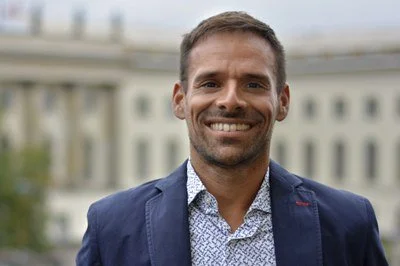
Yoan Vilain
Vice-Provost for International and European Affairs, Humboldt-Universität zu Berlin (Moderator)
Yoan Vilain is Vice-Provost for International and European Affairs at Humboldt-Universität zu Berlin and visiting law professor at Sciences Po Paris and Strasbourg. His research encompasses German, French, European and comparative constitutional law, methodology of comparative Law, with special attention to questions of state organisation and federal theory. He has received several scientific prizes, among others the German-French Parliamentary Prize awarded by the Assemblée nationale and the Bundestag. He serves on numerous scientific committees and academic boards and has been elected to the board of the German Academic Exchange Service.
-

Martin Waehlisch
UN Department of Political and Peacebuilding Affairs
Martin Waehlisch leads the Innovation Cell in the Policy and Mediation Division of the UN Department of Political and Peacebuilding Affairs (UN DPPA), an interdisciplinary team dedicated to exploring, piloting, and scaling new technologies, tools, and practices in conflict prevention, mediation and peacebuilding. He holds a PhD in International Law and recently published the edited volume “Rethinking Peace Mediation: Challenges of Contemporary Peacemaking Practice” (Bristol University Press 2021).
-
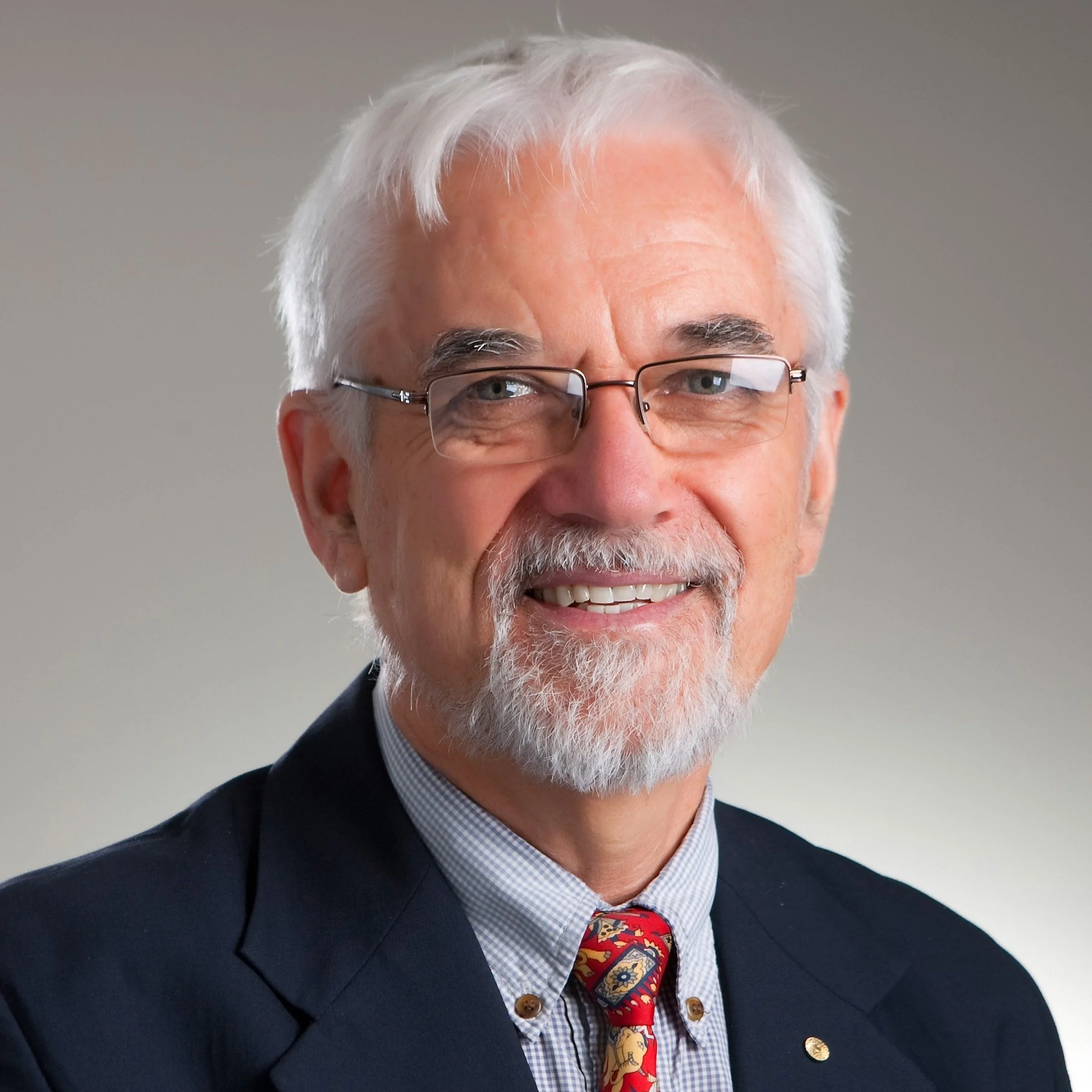
John Webb
Adjunct Professor, Swinburne University of Technology
John Webb was educated in Australia and the USA and completed a PhD in chemistry and biochemistry at Caltech. He has worked as an academic and consultant in Australia and Asia and as a network coordinator in chemistry for UNESCO. In 1996 he received the national award Medal of the Order of Australia for establishing networks in Asia. From 2005-2008 he served as the Australian science diplomat at the Australian High Commission in India and Pakistan. He established the Australia India Institute at the University of Melbourne and is currently a faculty member for Business and Law at Swinburne University Technology, Melbourne.
-
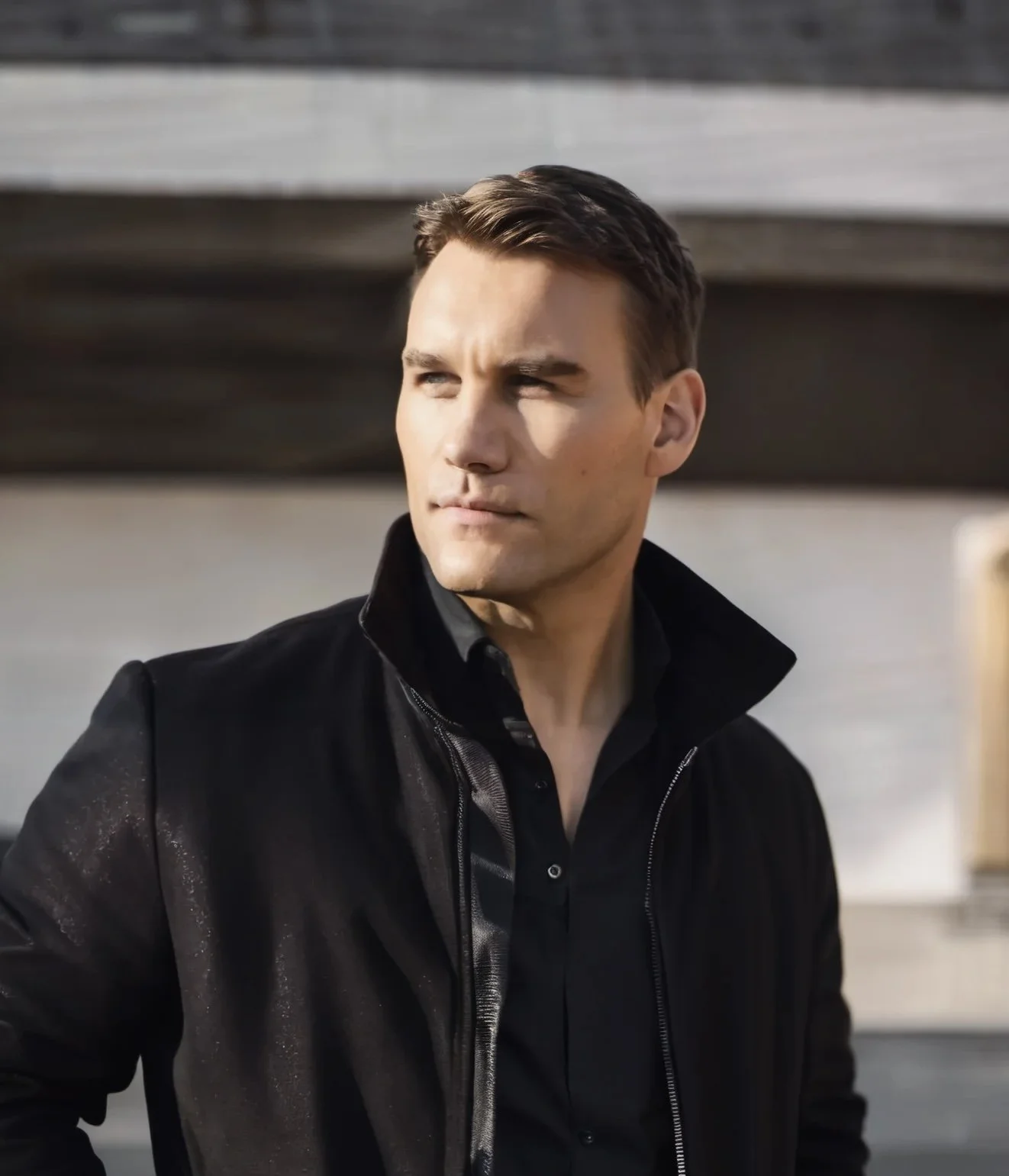
Marcus Weller
CSO and Co-Founder Stealth (Applied AI)
Marcus Weller is a scientist, entrepreneur, and trusted advisor. His doctoral studies focused on the intersection of transformational leadership and innovation. Later he co-founded Hanzo.AI, a leading player in the field of Artificial Intelligence (AI). Weller is committed to fostering international collaboration and knowledge exchange in both science and business. He is a former German Chancellor Fellow with the Alexander von Humboldt Foundation, where he supported science diplomacy initiatives relating to transformational leadership and innovation. He has spoken at Stanford, LeWeb, CES, and various academic conferences around the world.
-
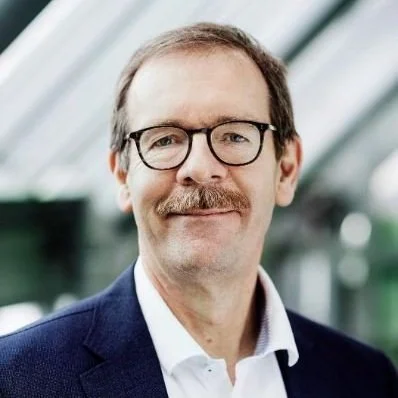
Andreas Wenger
Director of the Center for Security Studies (CSS), ETH Zurich
Andreas Wenger is the Director of the Center for Security Studies (CSS) at ETH Zurich, a competence center for Swiss and international security policy. It offers security policy expertise in research, teaching, and consulting activities.
-
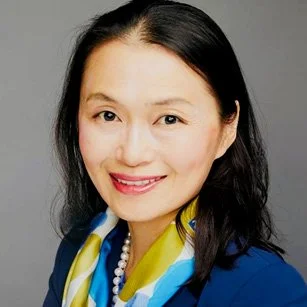
Anette Wu
Associate Professor, Columbia University
Anette Wu, MD, MPH, PhD is an Associate Professor of Medical Sciences and Pathology and Cell Biology at the Vagelos College of Physicians and Surgeons, Columbia University. She is a member of the teaching faculty, and the founder and director of the “Columbia International Collaboration and Exchange Program – Preparing Global Leaders for Healthcare (ICEP)” – an international multi-school consortium preparing health professions students for healthcare leadership through international collaboration, cultural competency, and global health training. Wu’s research focuses on internationalization of medical education. She has authored multiple articles and has been a guest editor of several special journals about this topic.

